Quite recently, Google released a tweet saying that it lets you have control of the data you are sharing with it. More specifically, the tweet by Google said that you can select the privacy settings that are right for you. You can control your website history, location history, YouTube data, and more such things. Which is quite plausible.
Our Privacy Checkup lets you choose the privacy settings that are right for you. See how you can control your search, YouTube or location history, set your activity data to automatically delete, or delete activity data at any time → https://t.co/DtPqk8FvyK #DataPrivacyDay pic.twitter.com/XnlJNGfIgC
— Google (@Google) January 28, 2021
But, ever wondered why Google is collecting your data in the first place? What Google knows about you and what does it do with that data? We’ll cover all such things in this blog, so read on.
How To Find Out What Google Knows About You?
We’ll lay out a very basic way you can find what does Google knows about you and how you can delete items. You can, of course, play around with the options. Believe us, you’ll be amazed by certain results –
1. In the address bar type https://myactivity.google.com
2. Once you are on the page, you can click on any of the heads as mentioned in the screenshot. For example, let’s click on the arrow next to Web & App Activity
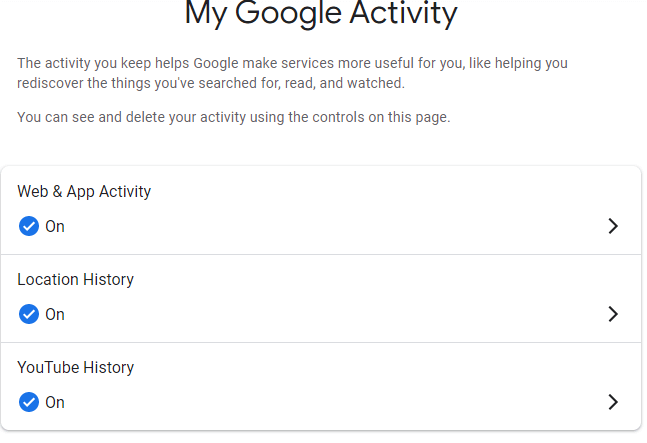
3. You can choose to include your web history and audio recordings. You can also select Auto-delete functionality where you can delete data after 3, 18, or 36 months or even choose not to delete.
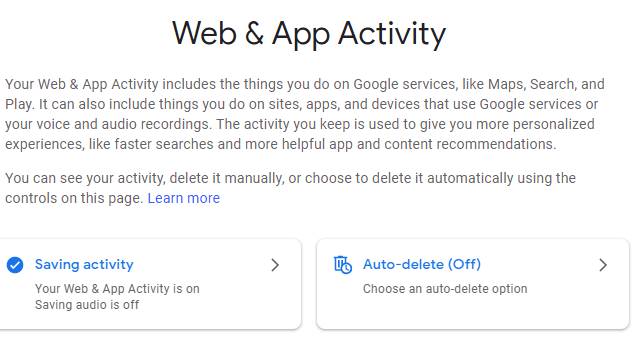
4. If you go further down, you can filter the items you wish to delete by-product (e.g. maps, ads, video searches, news, etc)
5. That’s it, you can now hit the bin icon and delete items
Why Would You Want To Take Charge Of This Data?
At the outset (and as you will read further), you cannot get rid of the data you share with Google completely. But, you can remove any unnecessary data, keep a track of the above-mentioned items once in a while and get rid of any activity which can put your security in a compromising state.
Think about this – if you have been sharing your device with someone else, the other person might snoop in on your activity. Won’t it be better to make it tougher for the next person to delve into your activities? Or, at least remove it from searches? Do you feel bugged by redundant search prompts popping up in Google searches or YouTube or anywhere else? You can remove the history and stop that.
And last but not least hackers are always on the loose, it’s always better to give them the best data they can chew on.
What Data Does Google Collect?
While you play around with options, we’d summarize the items you can find about yourself.
If you use a Google product or service, some part of your online activity is collected in the form of data via your Windows computer and laptop, iMac, Macbook, Android, and iOS device, or from whichever platform you are using a Google product service. To list a few here’s the kind of data Google collects.
- Chrome – websites you are visiting or have visited while you were logged in with your account
- YouTube – videos you have watched
- Emails – being received and being sent via Gmail
- Google Play Store – details about the apps you have installed so far from your account on your Android device
- Maps – locations you have visited, routes you have taken, and how you commuted from point A to B
- Voice records – Every search you have maid via Google Assistant (probably by saying OK Google)
That’s not the only data, Google has its eyes on your files and folders (Google Drive), your contacts, your plans and events (Calendar), online purchases, and a lot more
Why Google Collects Data From You? What does Google do With My Data?
Now that you have a fair idea of what data Google collects, you might want to know why Google collects this data. Google mostly collects user data to build better services. Though there are times when it might take this a little too far but for now let’s have a look at things Google does when it collects your data –
Since Google has a lot of data about you – your name, gender, interests, places you have travelled, information on the searches you have conducted, so on and so forth, it creates a holistic advertising platform that caters to your profile. For example: if you commute from one destination to another frequently, Google might suggest you a cab with a discount fare rate or if you have recently searched for caps, you might start seeing ads related to that.
Also, it helps in improving the service as well. You might be prompted to take shorter routes while commuting from one place to another. Or, you might be suggested the best restaurants available
After You Have Deleted The Data, Is It Gone?
If you think that by removing the cache or history, you have deleted the history of the website, the fact is, the history is deleted from your local computer. Furthermore, you might have deleted data from my activity following the method above, it is still not gone. So, where does your data go after you remove it?
Now, that’s a complicated process. In simple terms, after you have chosen to delete the data, it will still be there on Google’s servers. And, while Google has strong, secure data centers in place which promise to keep your deleted data encrypted, the question is what does Google do with data if it does not delete it. Here’s how your activity is deleted and how Google retains the data it collects from you
Wrapping Up
We are not saying that you should stop using Google. It is indeed wonderful. But, all we want you to do is be careful of the data you are sharing and make informed decisions. And, if you found the blog, to be helpful, do share it with friends, family, colleagues, and everyone you care for. For more such content, keep reading Tweak Library. You can also follow us on Facebook, Twitter, Instagram, Flipboard, Pinterest, Tumblr, and YouTube.
Recommended Readings:
How To Use Google Assistant Voice Search in Chrome
All You Need To Know About Google Smart Locks
How to Set Up Google Alerts to Track News


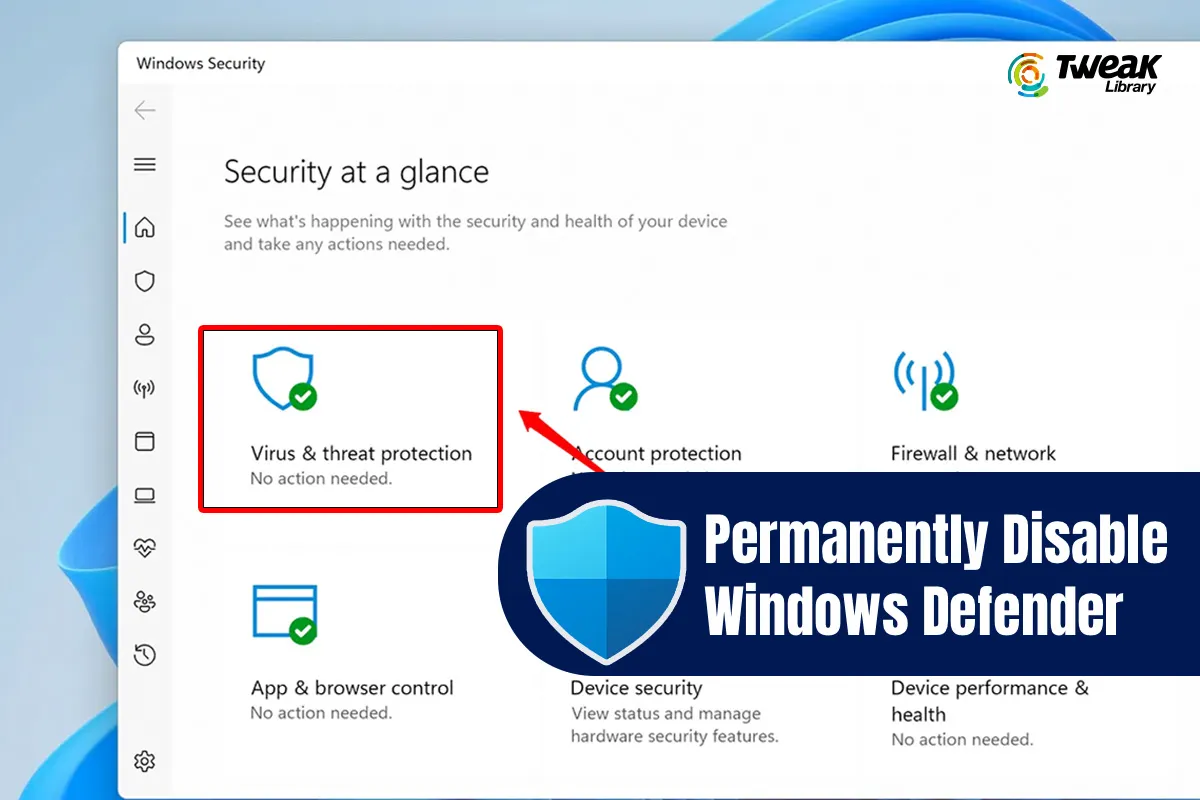
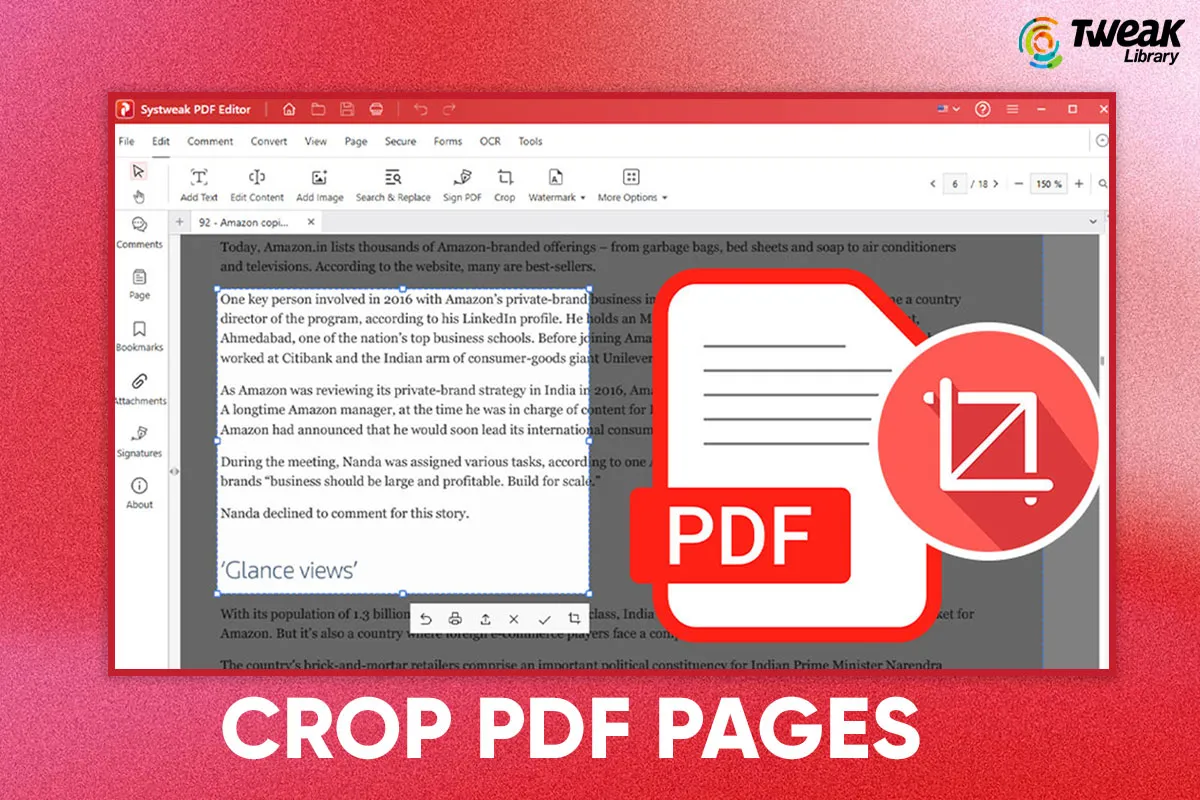
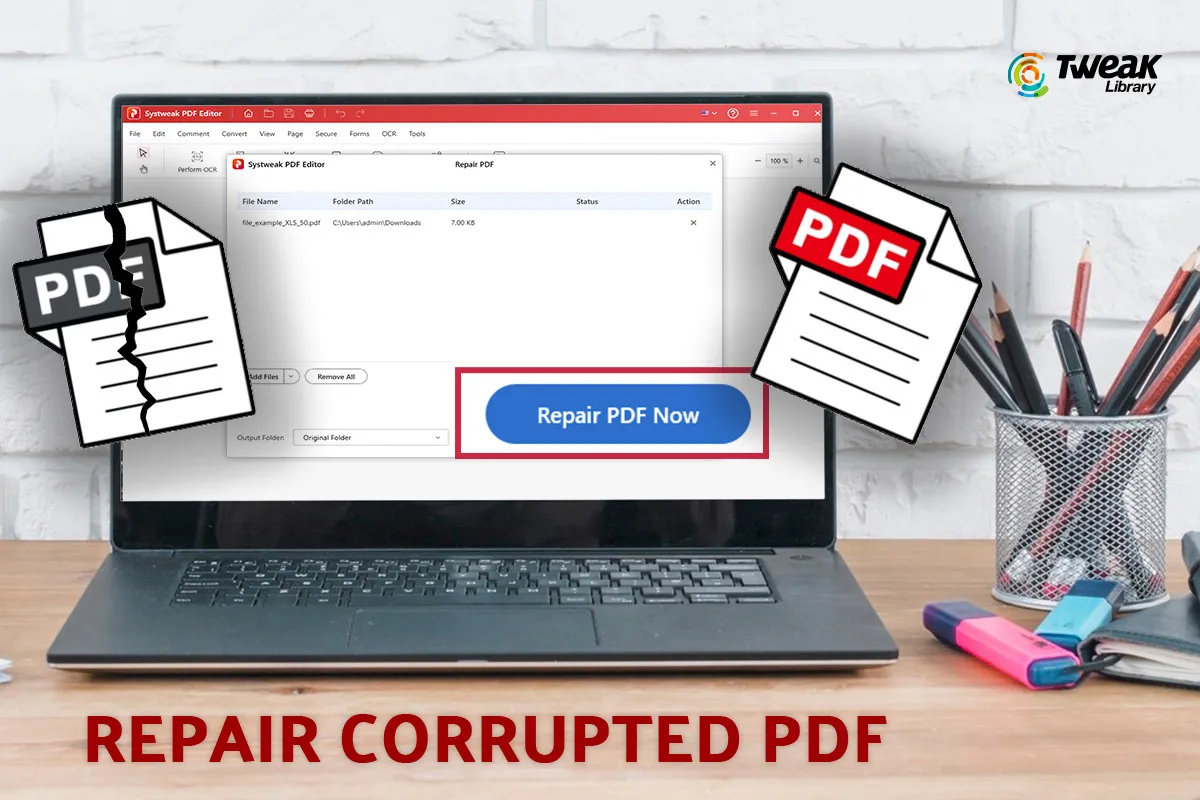
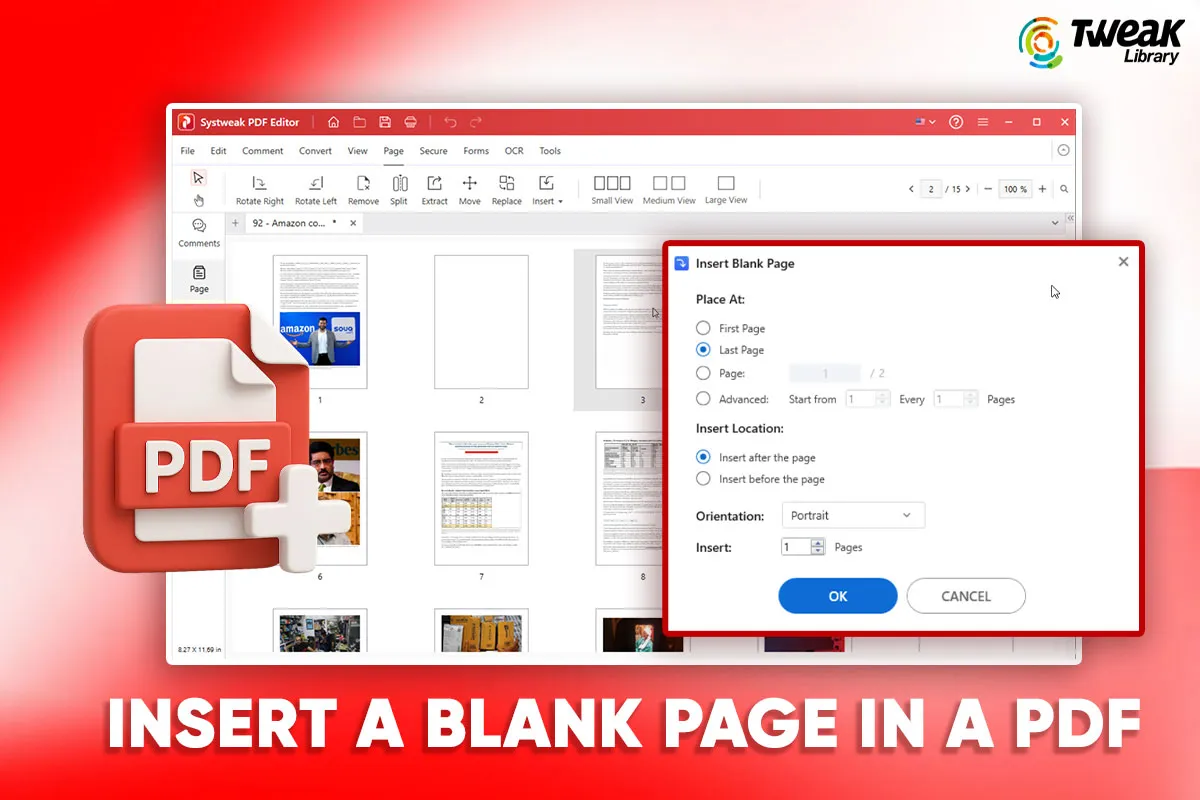
Nikhil Tevatia
Very interesting article now i can also try this and find what google knows about me.